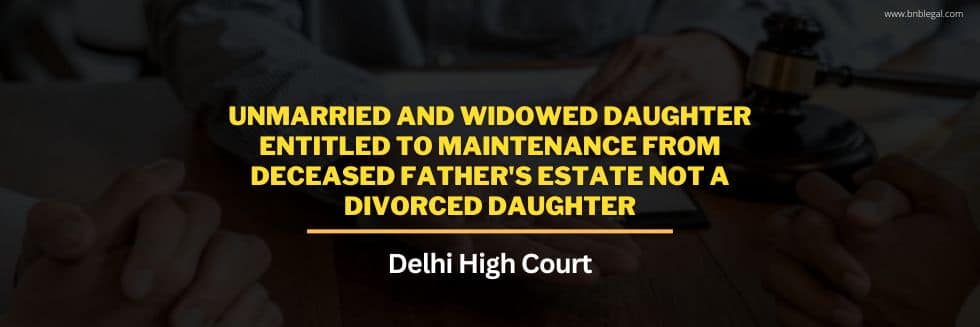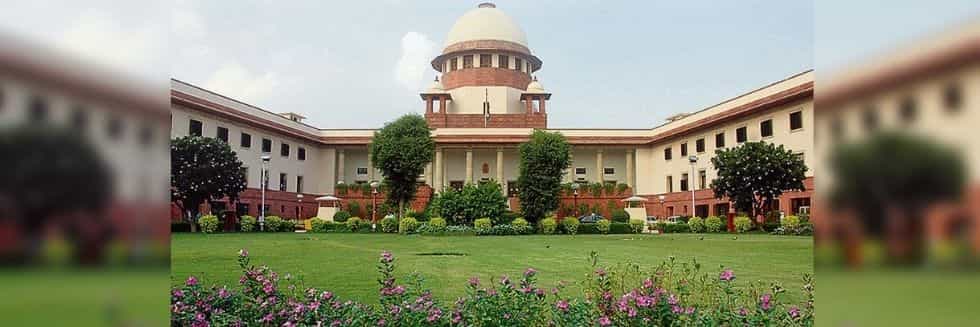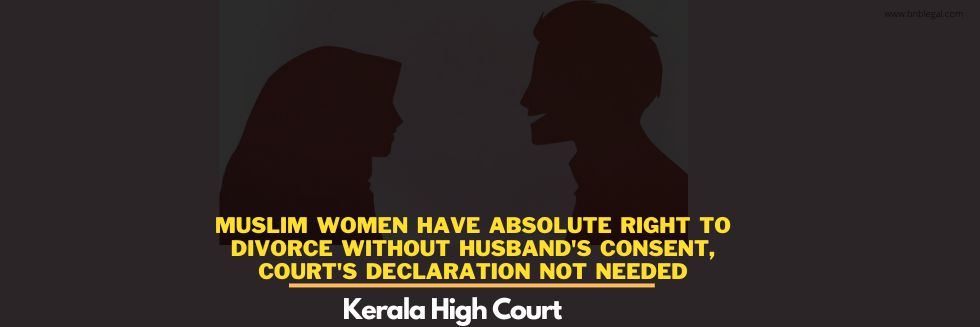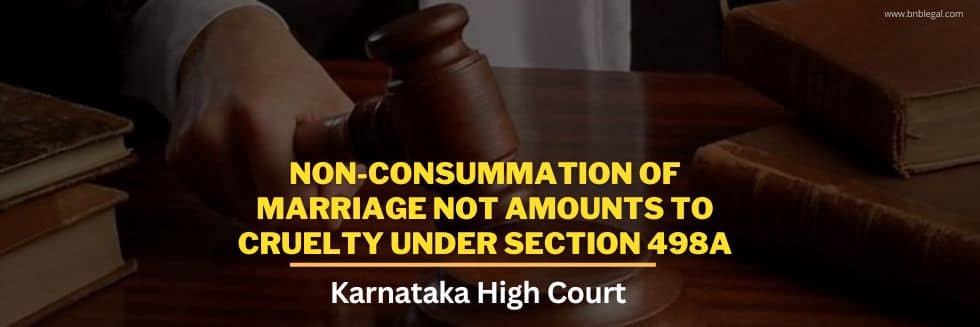In a significant observation, Delhi High Court stated that a father cannot be absolved of responsibilities to meet the education expenses of his son merely because he has attained the age of majority.
The High Court noted that the husband must carry the financial burden of making certain that his children are capable of attaining a position in the society wherein they can sufficiently maintain themselves and the mother cannot be burdened with the entire expenditure on the education of her son just because he has completed 18 years of age.
“The father cannot be absolved of all responsibilities to meet the education expenses of his son because the son may have attained the age of majority, but may not be financially independent and could be incapable of sustaining himself. A father is bound to compensate the wife who, after spending on children, may hardly be left with anything to maintain herself,” noted Justice Subramonium Prasad.
The following observations were made while the court was hearing a petition filed by a man seeking review of a High Court order. As per the HC order, the man was directed to pay Rs 15,000 monthly interim maintenance to his estranged wife till the son completes his graduation or starts earning, whichever is earlier.
In an earlier order by a family court, it was stated that the son was entitled to maintenance till he attained the age of majority and the daughter would be entitled to maintenance till she gets employment or gets married, whichever is earlier.
It is true that in a majority of households, women are unable to work due to socio-cultural as well as structural impediments, and, thus, cannot financially support themselves, the High Court bench said.
“However, in households wherein the women are working and are earning sufficiently to maintain themselves, it does not automatically mean that the husband is absolved of his responsibility to provide sustenance for his children. A father has an equal duty to provide for his children and there cannot be a situation wherein it is only the mother who has to bear the burden of expenses for raising and educating the children,” the bench added.
The High Court further stated that it cannot shut its eyes to the reality that simply attaining majority does not translate into the understanding that the major son is earning sufficiently.
“At the age of 18, it can be safely assumed that the son is either graduating from the 12th standard or is in his first year of college. More often than not, it does not place him in a position wherein he can earn to sustain or maintain himself. It further places the entire burden on the mother to bear the expenses of educating the children without any contribution from the father, and this court cannot countenance such a situation,” the bench said.
The couple got married in November 1997 and got divorced in November 2011. They have two children, the son and daughter are 20 and 18 years old respectively.
The High Court was aware of the information that the woman was working as an Upper Division Clerk in Delhi Municipal Corporation, earning about Rs 60,000 per month and the man’s gross monthly income, as of November 2020, was Rs 1.67 lakh as per his salary certificate.






